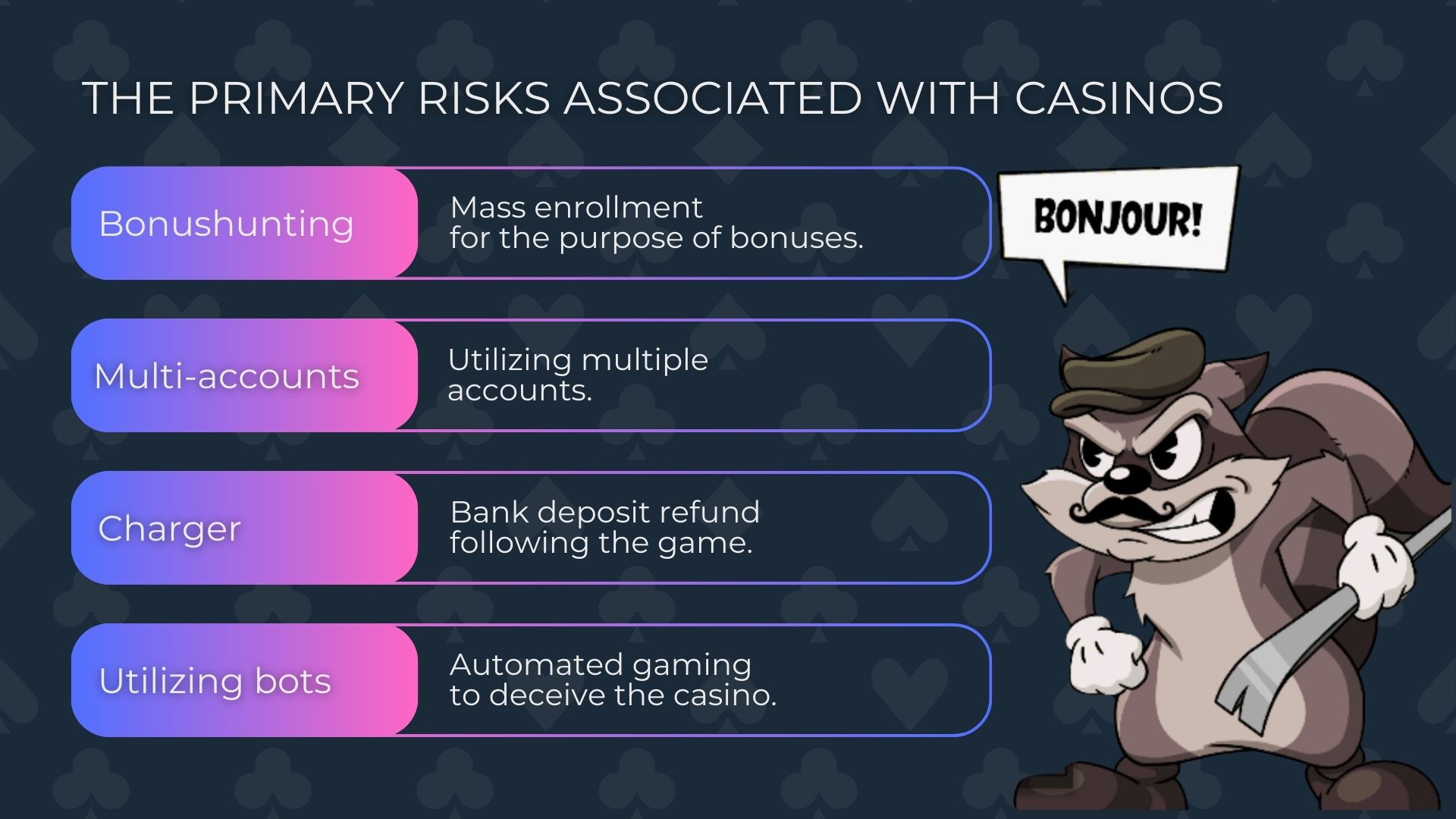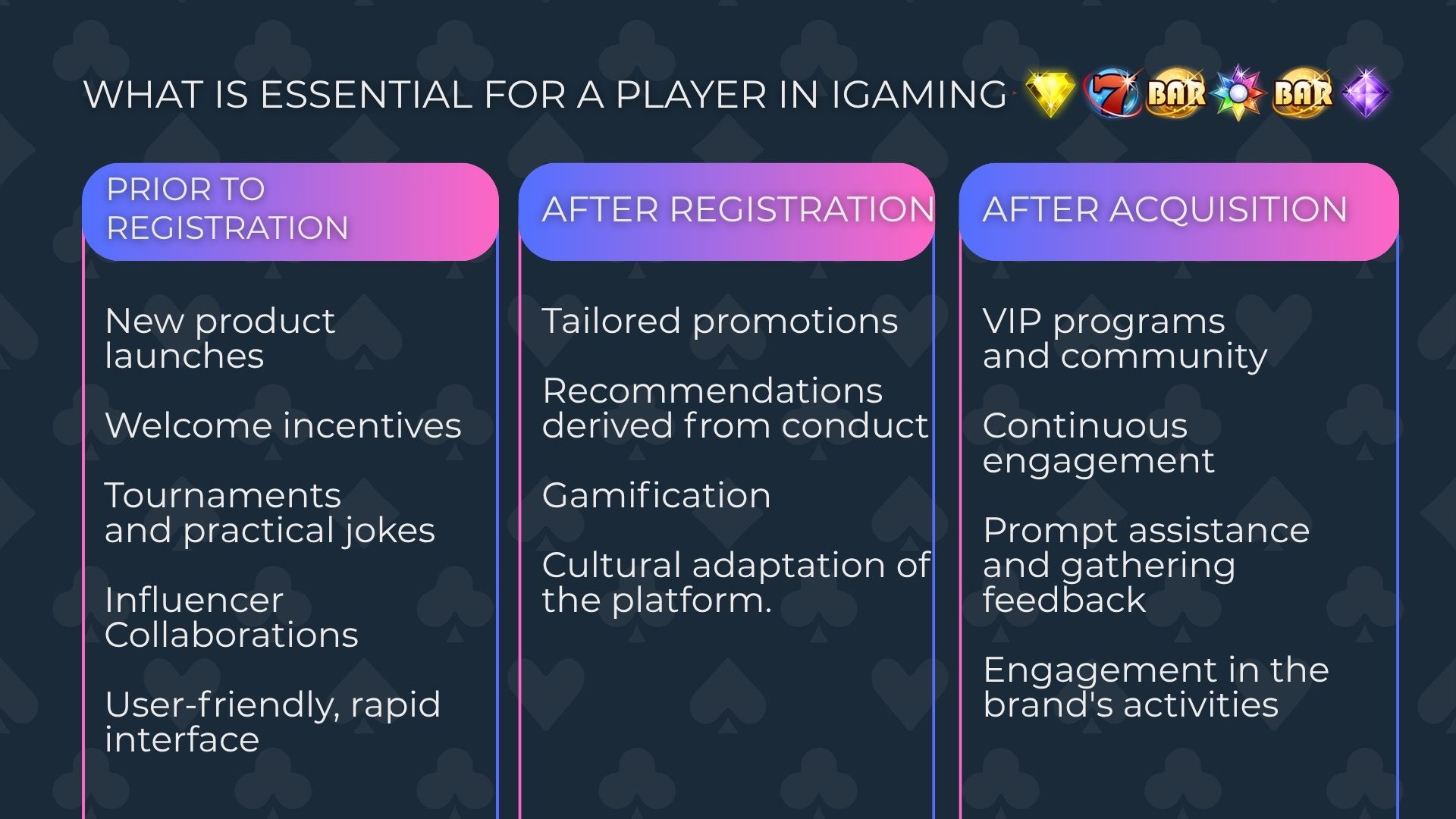
The online gambling market in 2025 is one of the fastest-growing segments in the digital economy. According to Statista, the global industry has already surpassed $100 billion, with a projected average annual growth rate of 9.2% over the next three years. Both major venture funds and private entrepreneurs are entering the space—from traffic arbitrage teams to offline operators seeking digital expansion.
Why? The reasons are clear: low entry threshold compared to land-based casinos, high profit margins (20–35% EBITDA on average), support for multiple currencies, and access to a global market. However, this comes with fierce competition, strict regulatory barriers, and high demands for security and user experience.
Launching an online casino in 2025 is far from “flip the switch and wait for players.” It’s a strategic undertaking that requires careful jurisdictional selection, a robust technology stack, compliance setup, marketing planning, and operations management. This article outlines a practical and experience-based roadmap—from licensing to market entry. No fluff. Just four key steps, proven across 100+ iGaming projects.
Step 1. Choosing a Jurisdiction and Obtaining a License
What is a Gambling License and Why is It Necessary?
An online gambling license is a legal permit that authorizes online gaming operations. Without it, you cannot:
- Legally process player deposits and withdrawals
- Connect with game software providers (NetEnt, Evolution, etc.)
- Work with payment gateways (PSPs, crypto processors)
- Cooperate with affiliates and ad platforms
- Protect your business from shutdowns, fines, and legal action
As of 2025, regulatory requirements have tightened worldwide, including in offshore jurisdictions. Compliance, anti-money laundering (AML), data protection (GDPR, PCI DSS), and responsible gambling are now mandatory, not optional.

Comparison of Popular Jurisdictions in 2025
Curaçao
In 2024, the transition from master licenses to a centralized model under the Curaçao Gaming Control Board (GCB) improved the jurisdiction’s credibility but also increased AML reporting and auditing requirements.
- Cost: $75,000
Malta
Considered the “gold standard” in Europe, offering strong trust from both players and partners. However, high operational costs and stringent compliance with local presence rules are major factors.
- Cost: $70,000
United Kingdom
One of the strictest regulatory environments globally, the UK market offers prestige but also involves significant taxes and detailed compliance. Best suited for operators targeting the UK market and ready for extensive oversight.
- Cost: $80,000–$120,000
Anjouan
An affordable option with no corporate taxes, making it attractive for startups and crypto-oriented projects. However, limited recognition may hinder partnerships with major providers and payment services.
- Cost: $28,000

Step 2. White Label, Turnkey, or Custom: What to Choose in 2025
The platform you choose is the foundation of your business—it determines UX, payments, game content, analytics, and scalability. In 2025, the market offers a wide array of solutions, broadly categorized into three models.
White Label: Fastest Route to Market
A provider delivers a ready-to-launch platform with basic games, payment modules, and a CMS. You operate under your own brand but have limited access to backend infrastructure and analytics. Fastest and most cost-effective way to enter the industry.
Turnkey Solution: Balance Between Speed and Flexibility
A turnkey build offers full control over the platform, including licensing, design, and functionality. Requires more time and resources but offers greater scalability and customization.
Custom Development: Maximum Freedom, Maximum Investment
Building a platform from scratch requires significant time, budget, and expertise. It allows for deep customization but carries risks related to compliance, integration, and compatibility.

Table: Comparison of Online Casino Software Options (2025)
| Criteria | White Label | Custom Development | Turnkey |
|---|---|---|---|
| Time to Launch | 1 month | 12–18 months | 4–8 months |
| Cost | $10,000–$50,000 | $100,000–$500,000+ | $50,000–$100,000 |
| Flexibility | Limited (provider-dependent) | Full control | High, tailored to client needs |
| Scalability | High, provider-dependent | Depends on team competence | High, with extensions |
| Game Integrations | Included by default | Custom-built | On demand |
| Updates & Support | Included | Requires internal team | By agreement |
| Security | Provider-level (typically good) | Developer-dependent | High, standards-based |
| Technical Requirements | Minimal for client | High—requires infrastructure | Project-dependent |
| Crypto & AI Capabilities | Varies by provider | Fully customizable | Fully supported by spec |
| Best for | Startups needing speed | In-house expert teams | Mid-to-large projects needing full-service |

Note: A platform is more than just a game engine—it powers your operational control, analytics, and compliance. A mistake here means a costly rebrand six months later.
Step 3. Business Processes and Marketing: How to Attract and Retain Players
Marketing Strategy and Brand Positioning
In online gambling, marketing is the growth engine. Acquisition and retention directly impact revenue and lifespan. A well-structured marketing strategy with clear positioning is essential.
Key development channels:
- SEO – Organic traffic remains highly cost-effective. In 2024, over 40% of gambling traffic came from search engines.
- Paid Ads (Google, Bing) – Quick campaign setup, but compliance restrictions apply.
- Social Media (Instagram, TikTok, YouTube) – Builds community and engagement. In 2025, 60% of gambling operators plan to increase SMM budgets.
- Affiliate Marketing – One of the most effective traffic channels with high conversion and loyalty.
CPA (Cost Per Acquisition) is the standard affiliate payout model. Controlling CAC (customer acquisition cost) and keeping it below LTV (lifetime value) is critical.

The Role of Analytics and CRM in Player Retention
Acquiring a user is just the beginning. Profitability hinges on retention and increasing player value.
Analytics helps track player behavior—login frequency, game preferences, deposit patterns—which allows for personalized offers, bonuses, and churn reduction.
CRM systems manage communications, loyalty programs, VIP statuses, and promotions. Modern CRMs are integrated into casino platforms and marketing tools for a unified data flow.
2024 data shows companies using advanced analytics and CRM reduce churn by 15–20% and boost average LTV by 25%.

Legal Considerations in Gambling Advertising
Advertising gambling is heavily regulated across jurisdictions. Violations can lead to fines or bans.
- Europe: Directives restrict certain ad types (e.g., no minors, mandatory risk disclosures).
- Russia/CIS: Strict limitations on where and how ads may be displayed.
- USA: Varies by state. For example, online gambling ads are legal in New Jersey but banned in others.
Required elements include: risk warnings, bonus conditions, and responsible gaming messages.
Marketing Trends for 2025
- Localization: Adapting content and offers to specific regions boosts trust and conversions.
- Influencers & Social Media: Collaborating with content creators increases targeted traffic and credibility.
- AI Integration: Automating campaigns, personalizing offers, and predicting behavior are now standard. AI improves ROI and budget efficiency.
Step 4. Launch and Operational Management: From Testing to Scaling
Pre-Launch Prep: Testing and Quality Control
Before going live, thorough testing of every system component is critical to ensure stable, secure, and user-friendly operations.
- Functional Testing: Verifies correct operation—registration, payments, game access, bonuses.
- Load Testing: Simulates high user volume to ensure stability under pressure.
- Security Testing: Essential in gambling—ensures data protection, fund security, and anti-hacking resilience.
Hiring QA specialists familiar with iGaming is highly recommended.

Launch: First Steps
A successful launch is a mix of tech deployment and marketing execution. Team coordination is key.
- Align technical support, marketing, and security teams to address issues swiftly.
- Monitor core metrics in real-time: registrations, active users, deposits, uptime.
- Gather player feedback to identify and resolve pain points quickly.
Experience shows that a carefully managed launch minimizes reputational risks and accelerates project growth.

Operational Management: Key Functions
After launch, focus shifts to daily operations and optimization.
- Customer Support: Fast responses improve loyalty and retention.
- Payment Management: Ensure smooth transactions and minimal delays.
- Fraud Detection: Use automated tools to flag suspicious activity and reduce financial/legal risks.
Scaling the Business
Once stable, the next step is growth.
- New Market Entry: Requires localized UI, games, and marketing aligned with local laws and culture.
- Feature Expansion: Use behavioral data to develop new offerings—mobile apps, mechanics, rewards.
- Affiliate Program Growth: Expanding your partner network drives more traffic and visibility.

Conclusion
Launching and successfully managing an online casino is a complex, multi-layered process that demands precision and persistence at every step. The key to success lies in systematic technology adoption, smart marketing, and rigorous quality control.
Initial investments in platform testing and business process setup significantly reduce technical failures and reputational damage.
In a highly competitive and tightly regulated market, adaptability, scalability, and localization become defining competitive advantages. A data-driven model with flexible marketing ensures sustained growth and ROI.
For entrepreneurs entering iGaming, understand this: success doesn’t happen overnight. It’s the result of structured work across technology, marketing, and operations.







